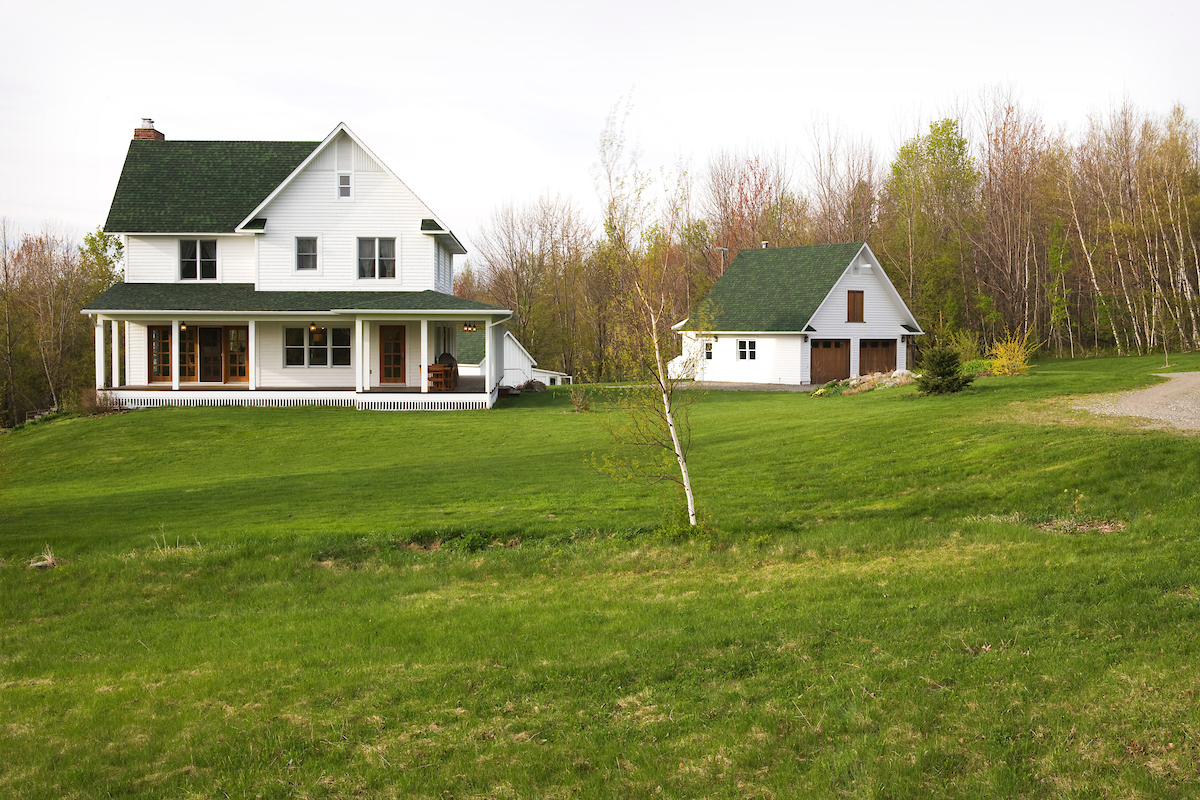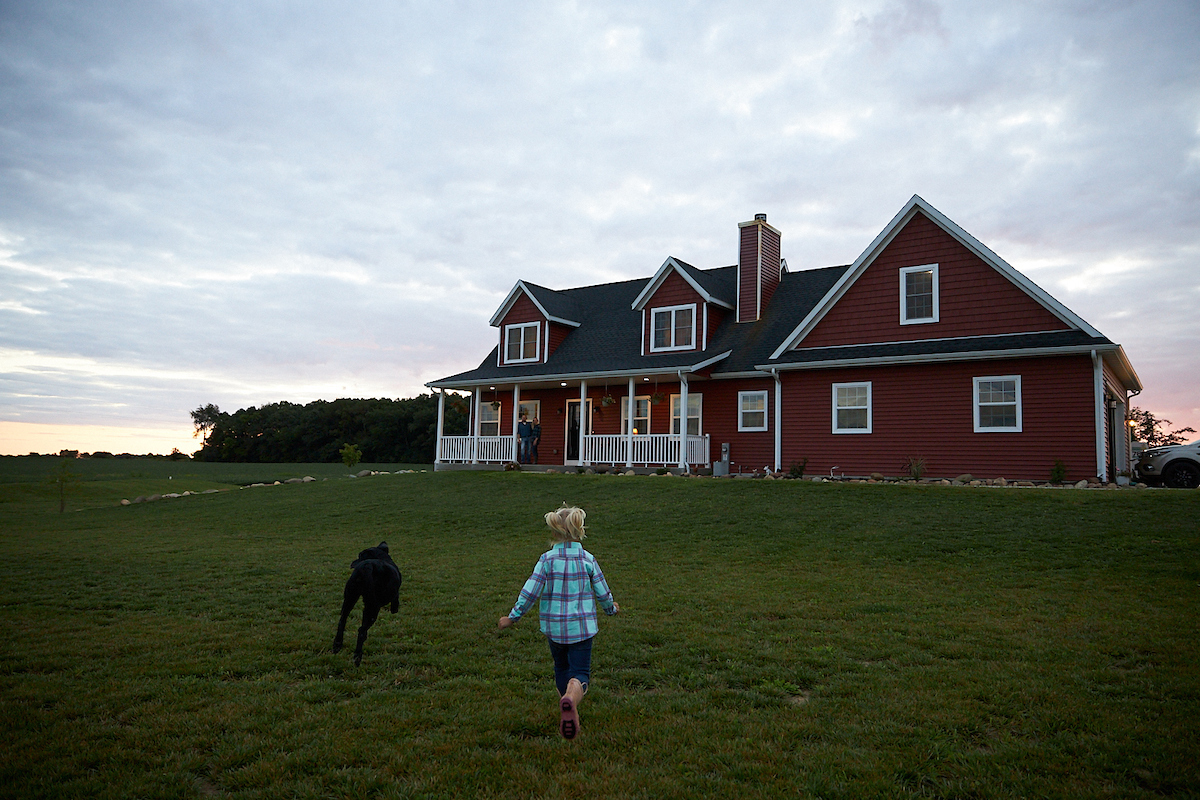Your Guide to Buying a House in the Country

Do you dream of living in the country? You’re not alone. From being closer to nature to giving your family room to roam, there are many reasons to choose rural life.
But if it’s your first time purchasing a rural property, you may be in for a few surprises. Here are our top tips to help you better understand the buying process and feel confident from start to finish:
1. Determine your needs and wants
Country living means different things to different buyers. Are you looking for a low-maintenance hobby farm? A working farm or ranch? A weekend house or investment property? A land purchase without buildings?
Before you get started, look at your budget, be realistic about your capabilities, and talk to your family about the lifestyle goals you want to achieve with your country home purchase.
2. Get familiar with rural utilities
Rural properties usually come with different utility setups than city properties. While some rural homes have access to public utilities, you can expect most to run on well water and have their own septic tanks. These systems can be expensive to install or repair, which means you will want to make inspections and get the full property details before putting in an offer.
Other services such as trash collection and internet access can vary from place to place, so be sure to explore your options and include utilities in your budgeting considerations.
3. Understand zoning, codes and boundaries
Rural zoning categories sometimes limit what you can do with a property, such as how much you can develop the land or what purposes the property can encompass (agricultural, commercial, residential, etc.). Be sure to review any potential property for zoning restrictions, plus make sure the buildings and structures meet local code requirements.
When reviewing zoning and codes, take a closer look at land boundaries too. Property lines are important to understand completely and accurately when deciding if you want to make a purchase.

4. Pick the right real estate agent and lender
Local real estate agents can help you navigate your country home search with confidence. Local agents understand the market and various considerations of each property. Plus, because they have their ear to the ground, they can often connect you with potential property leads you might not otherwise have found.
Likewise, a local lender can mean the difference between a successful purchase and a confusing disappointment. Big banks are not always your best bet for rural financing, and traditional mortgages may not be available for your country home purchase.
Specialized rural lenders, such as Compeer, are experts at delivering the right loans for unique country homes. We can walk you through your options, including government-sponsored loans and special homebuyer programs, to help you make a smart move for your family and budget.
5. Be prepared for big emotions
When you’re ready to make an offer, consider including a letter to the sellers about your intentions. Country homes often represent a labor of love that has been in a family for generations. Sellers usually appreciate a personal touch and the reassurance that their home will continue to be loved by the next owner.
Buying a home in the country is about more than just getting a new house—it’s a chance to be a steward of the land you love, live your passion and create a bright future for your family. By doing your research and following these simple tips, you will be ready to make the leap and discover the joys of country living for yourself.
Ready to get started? Contact your local Compeer loan officer to begin the conversation.